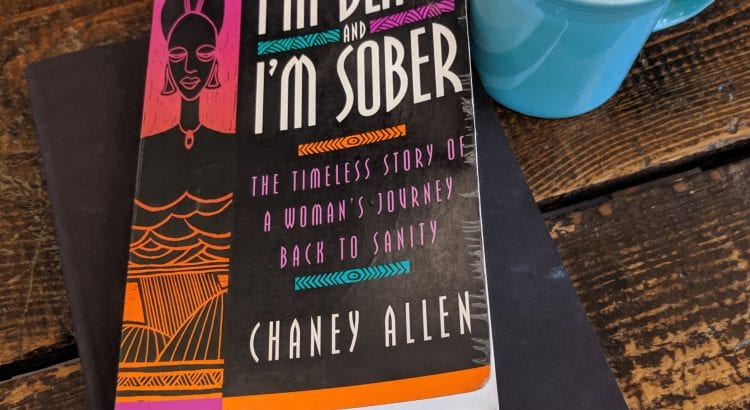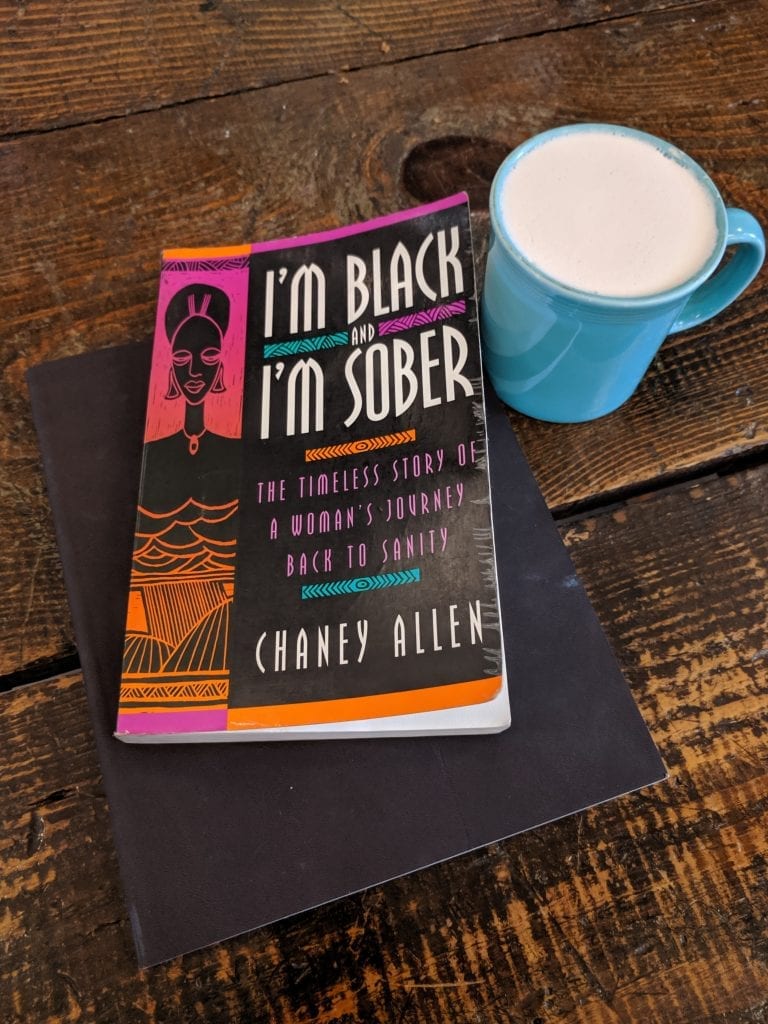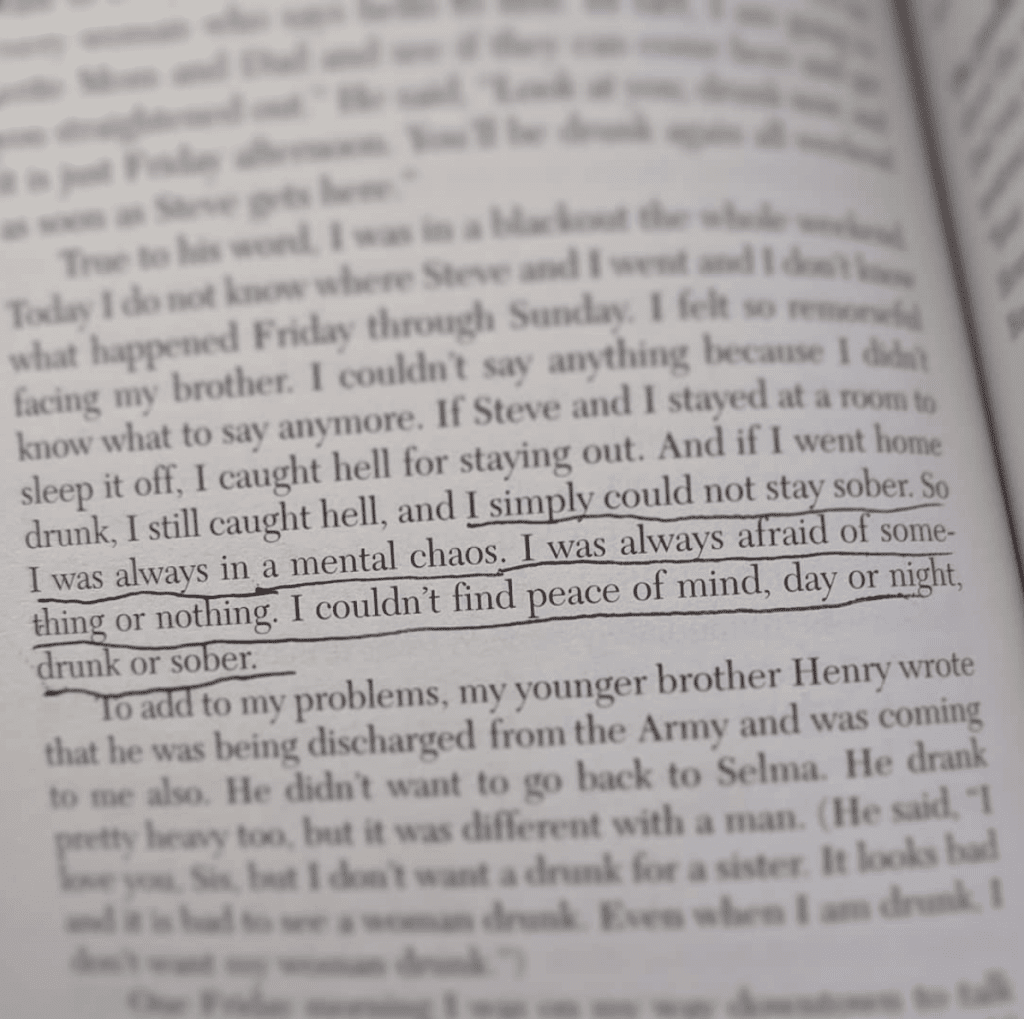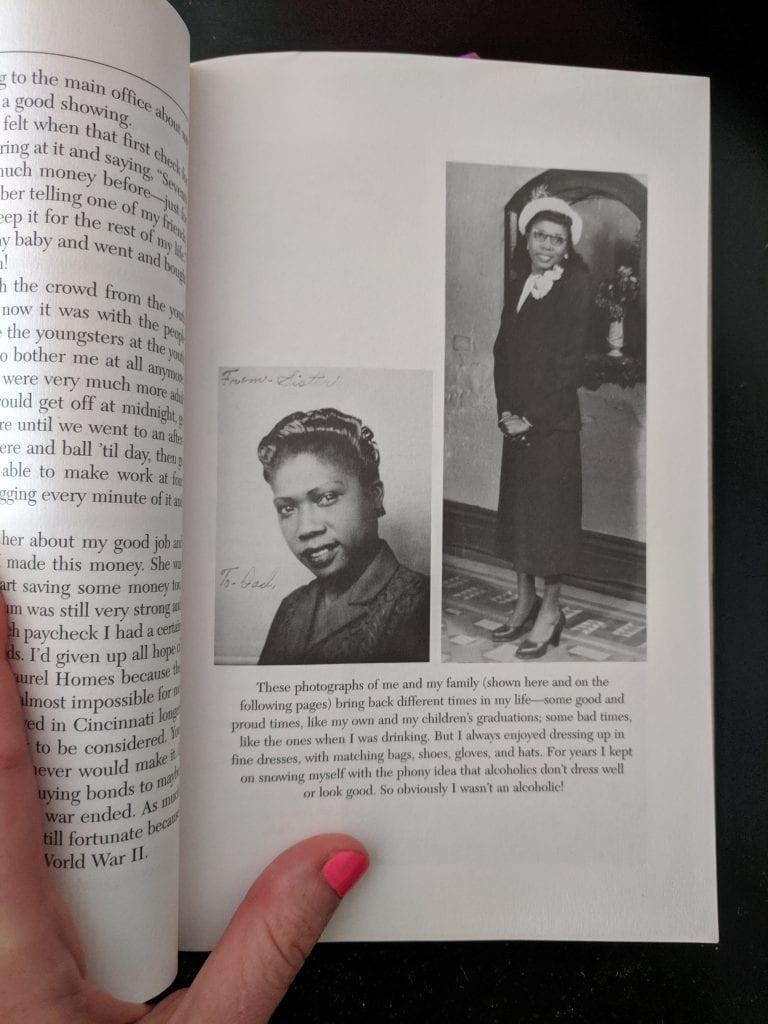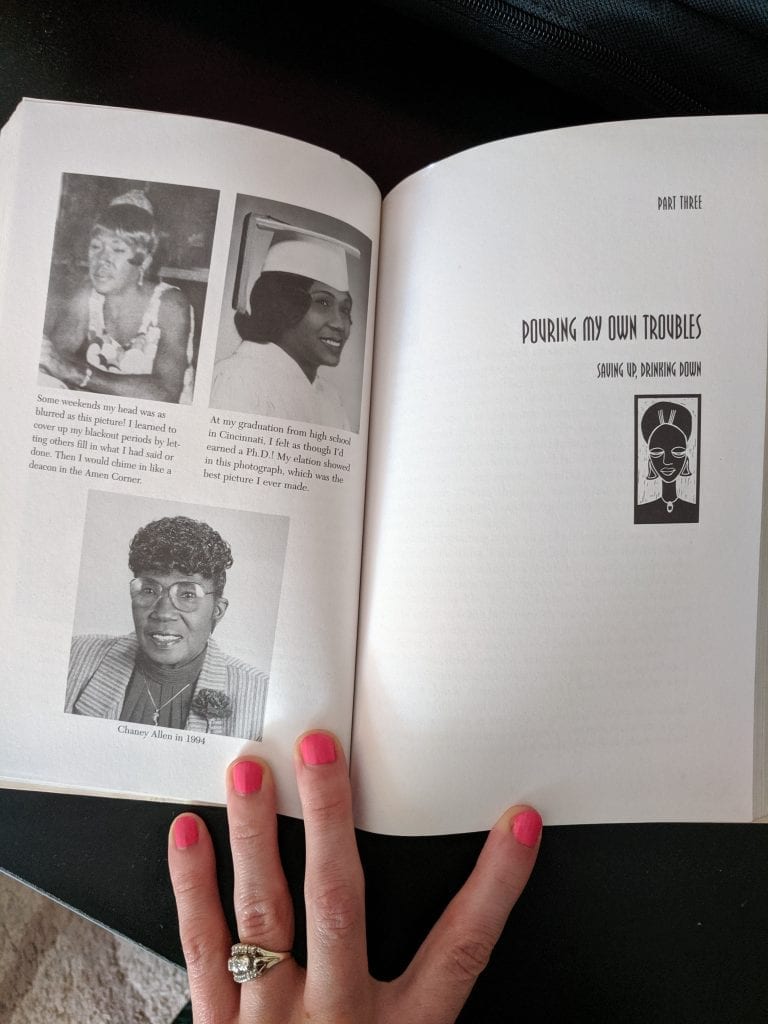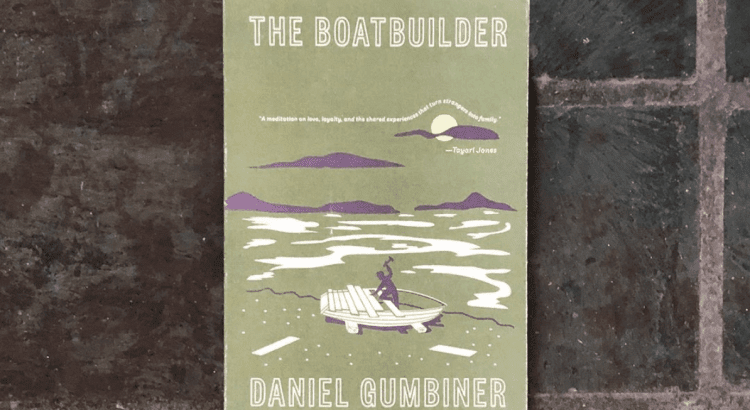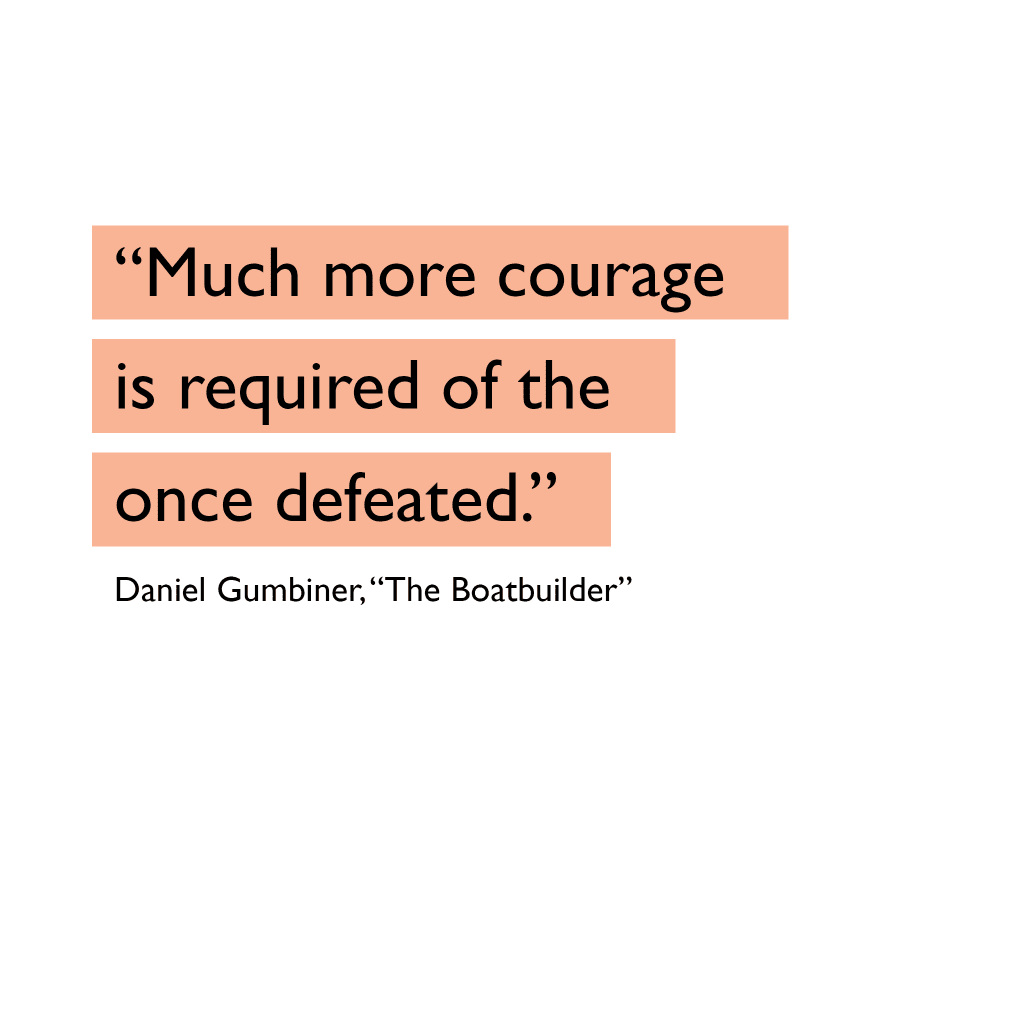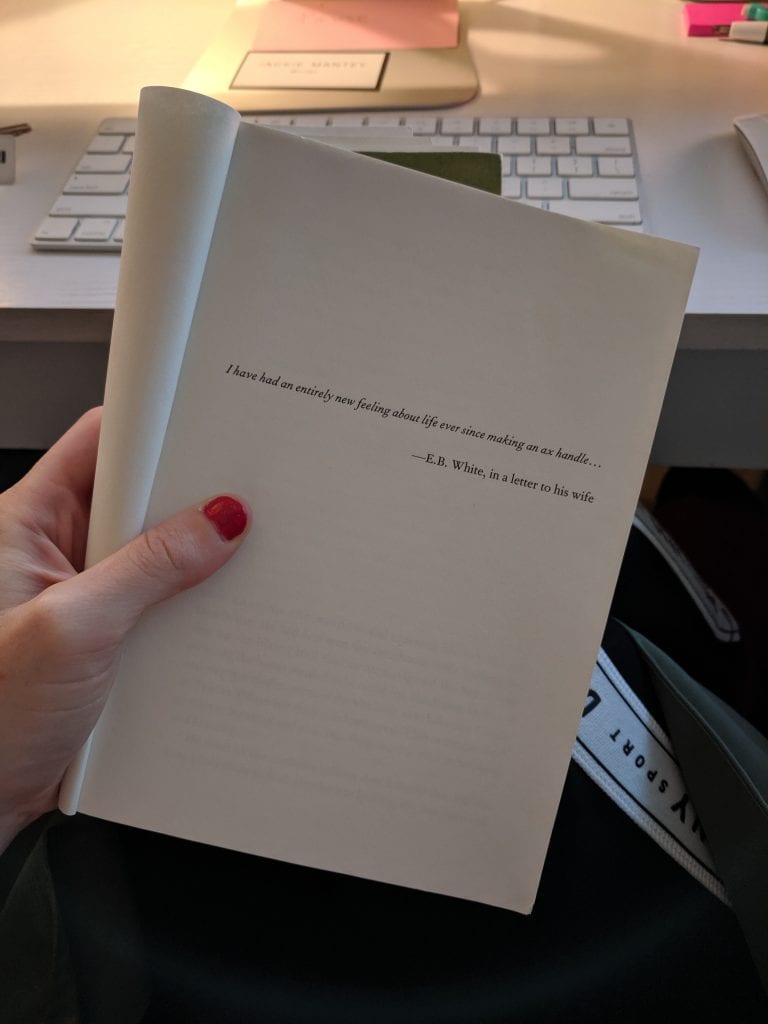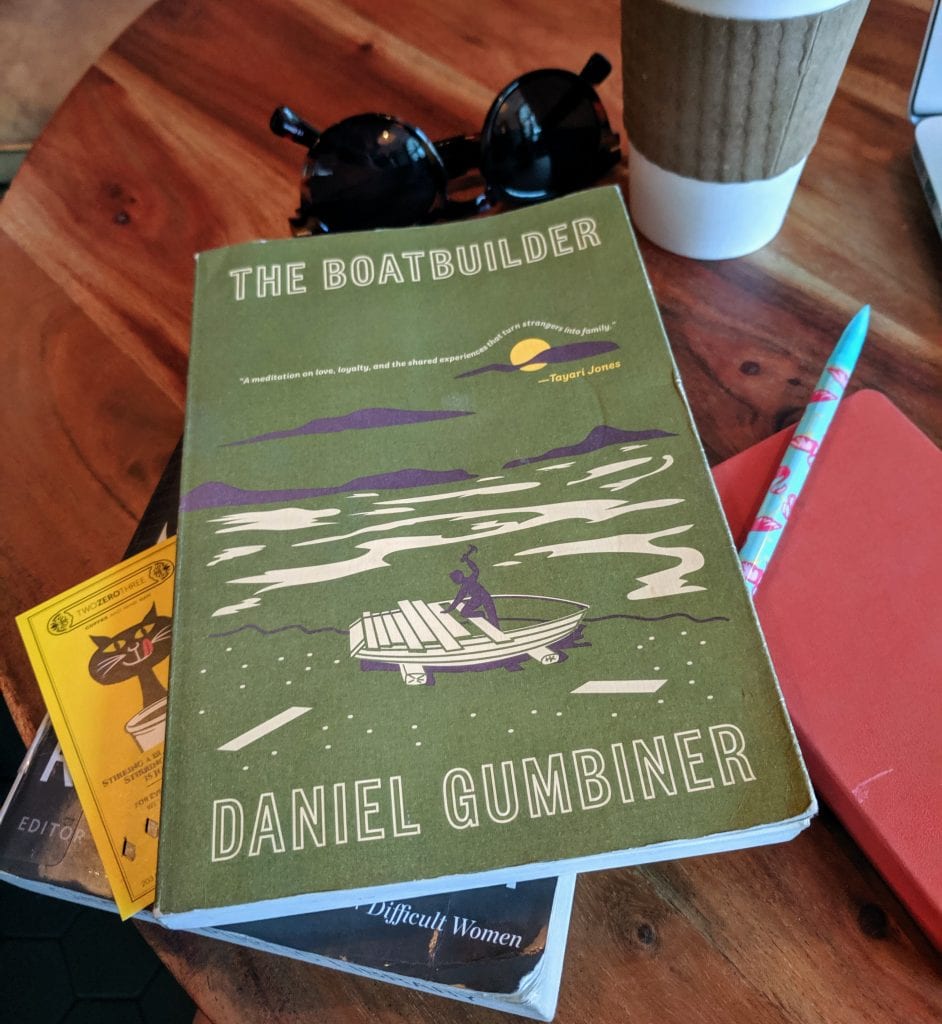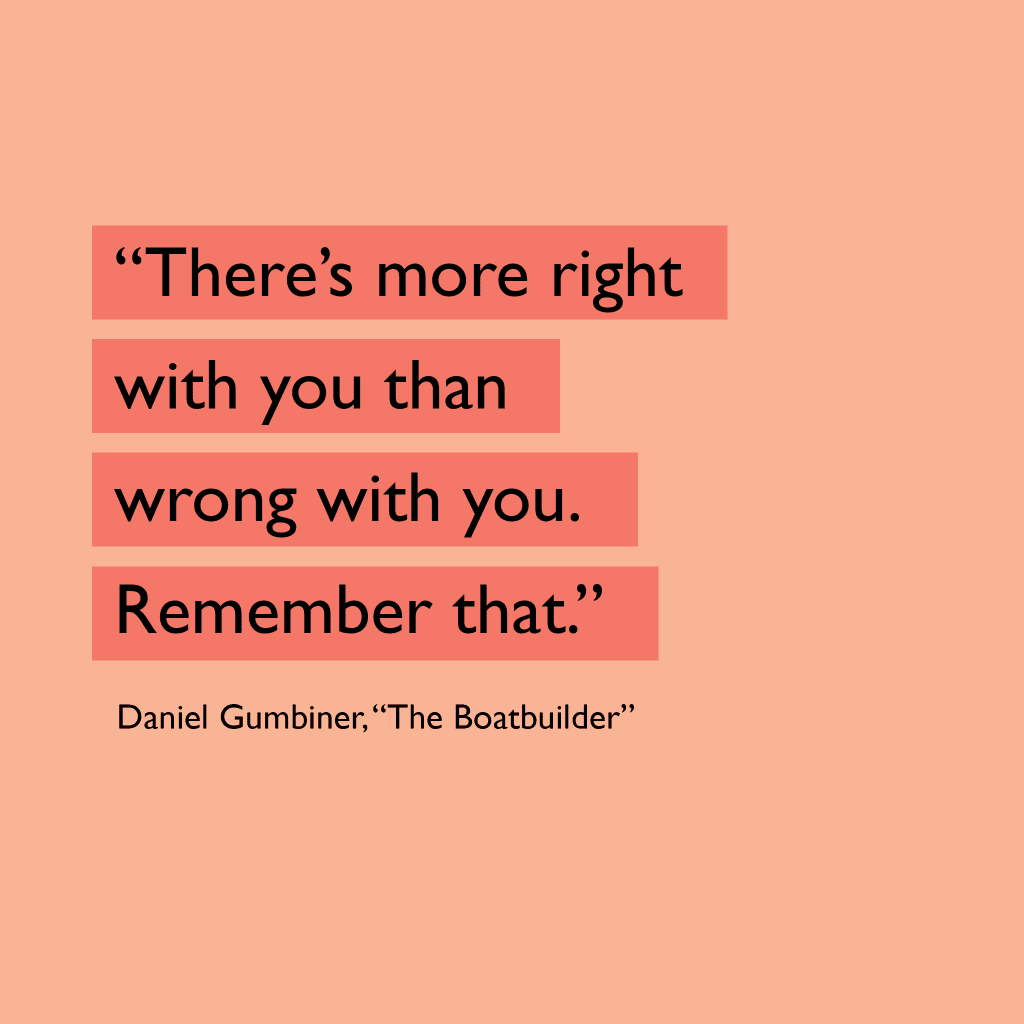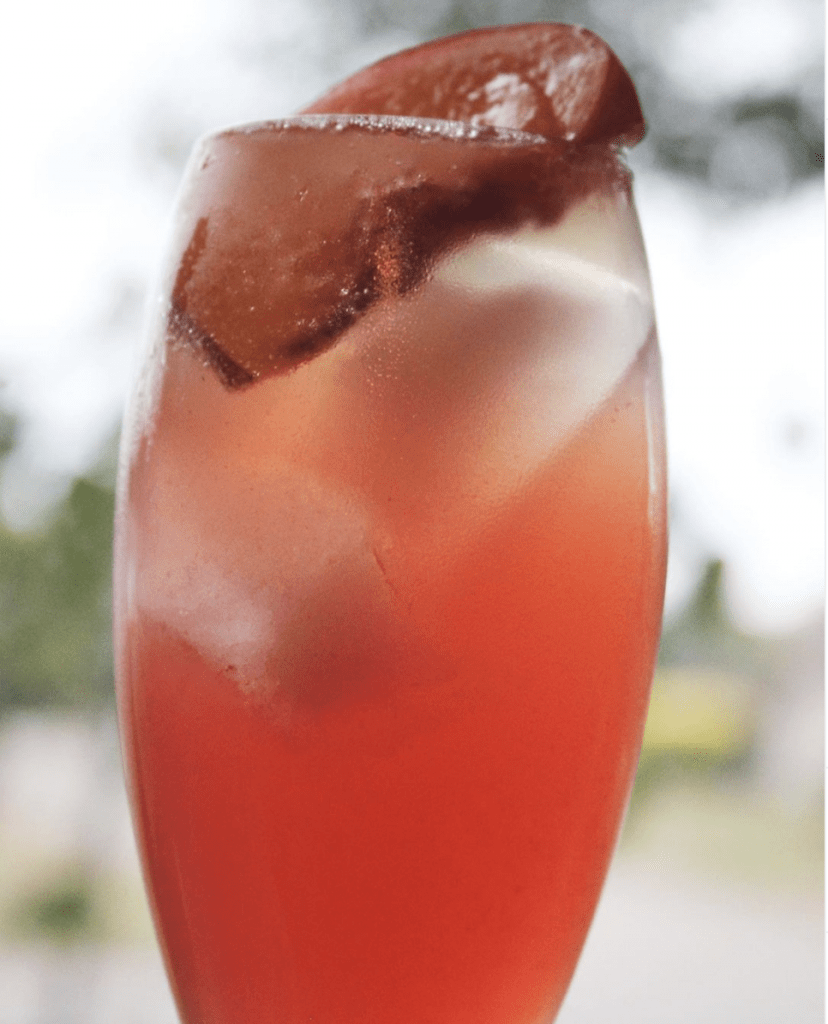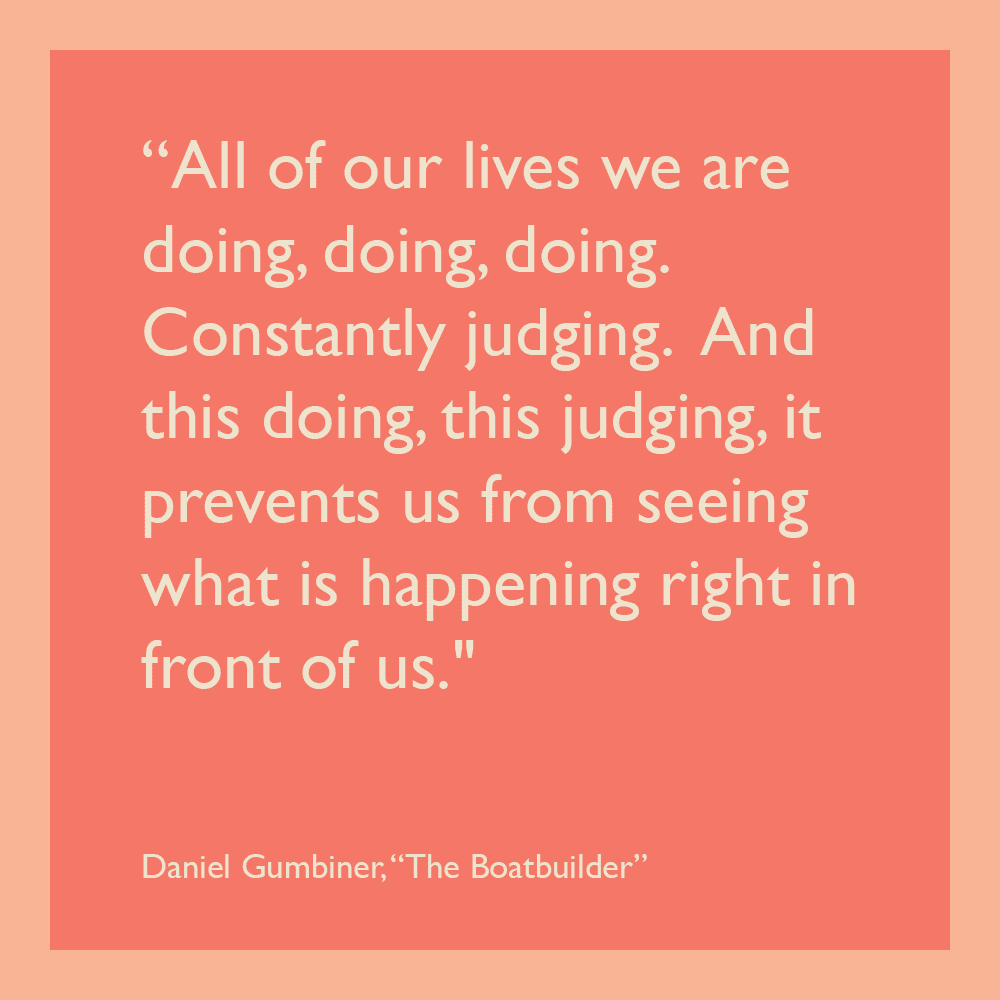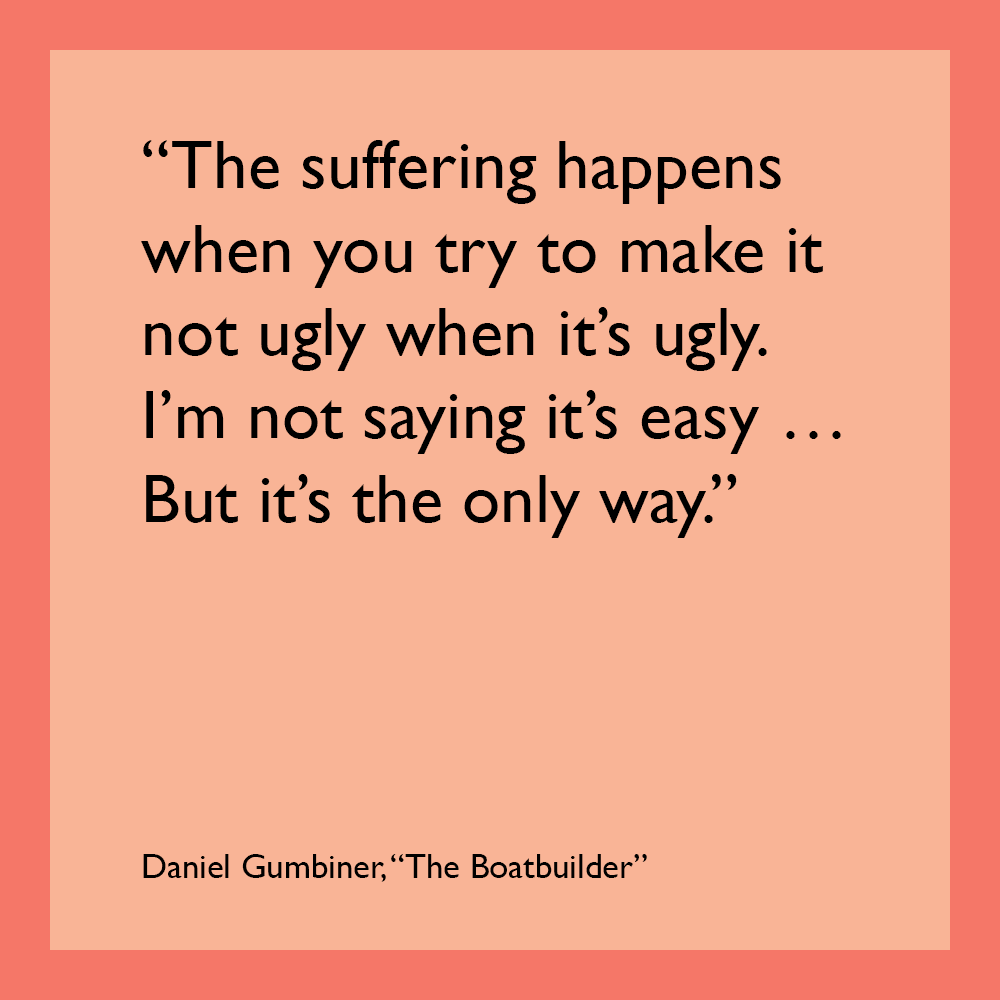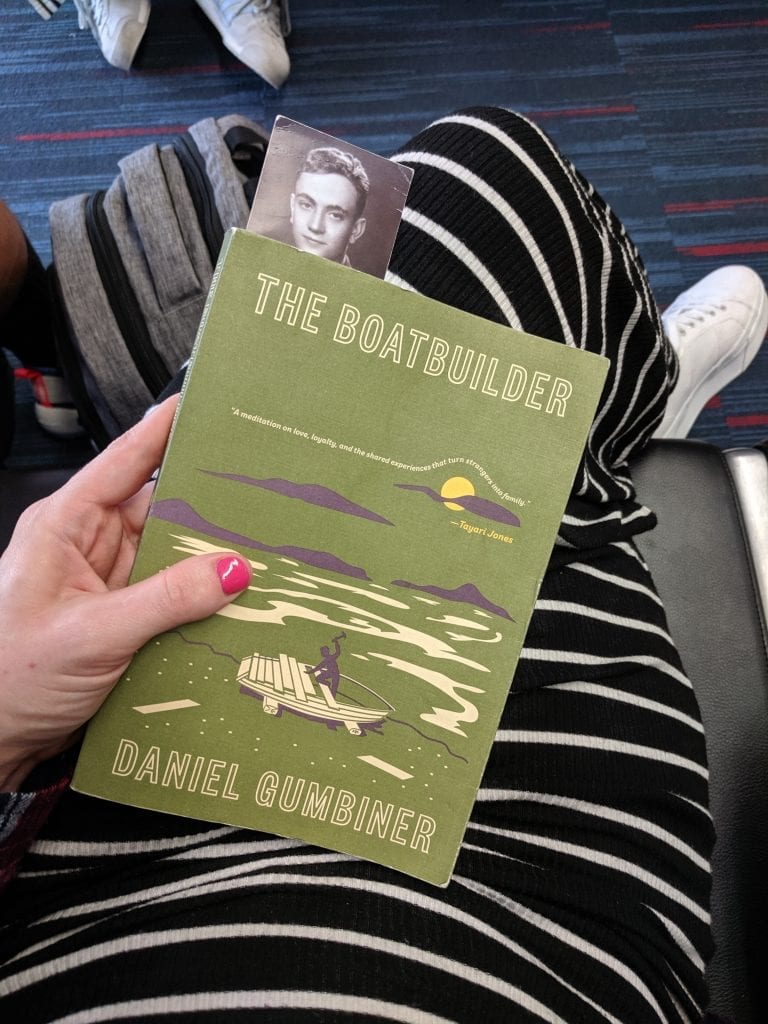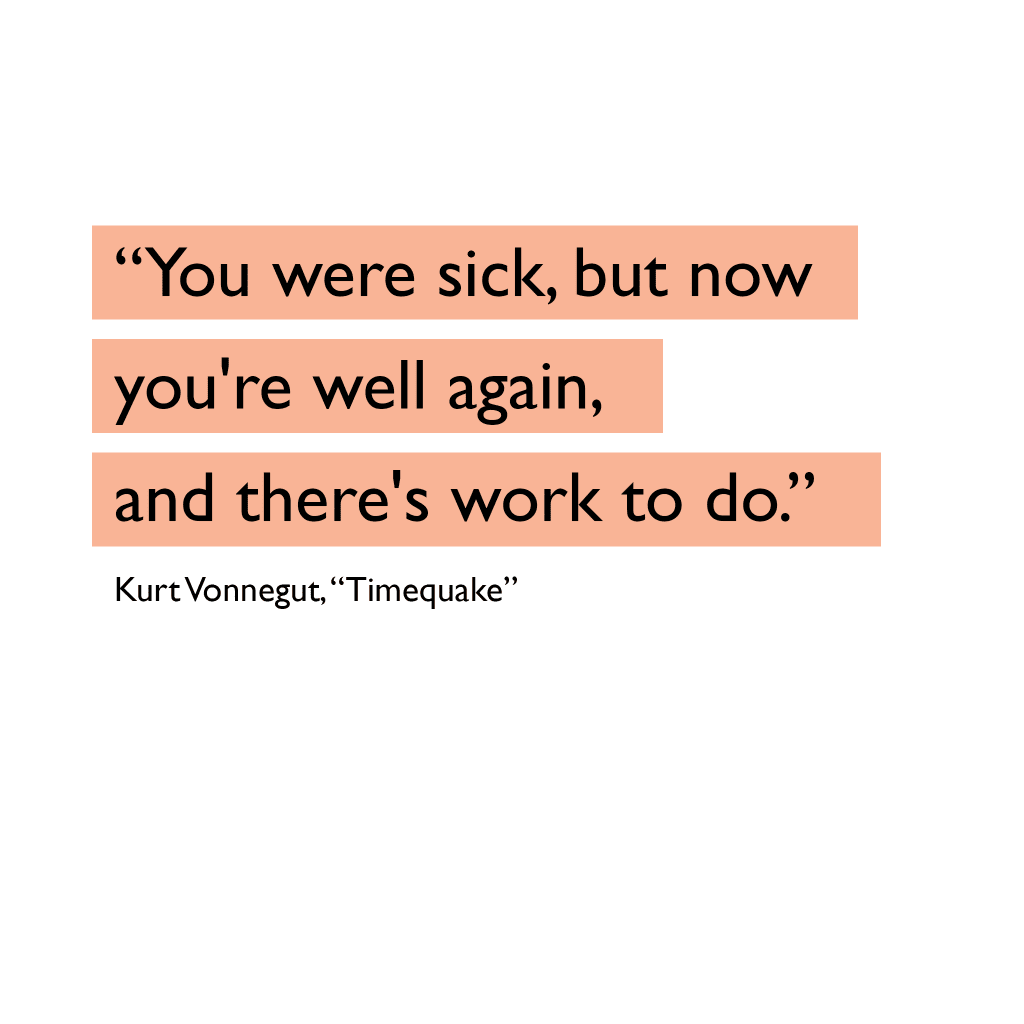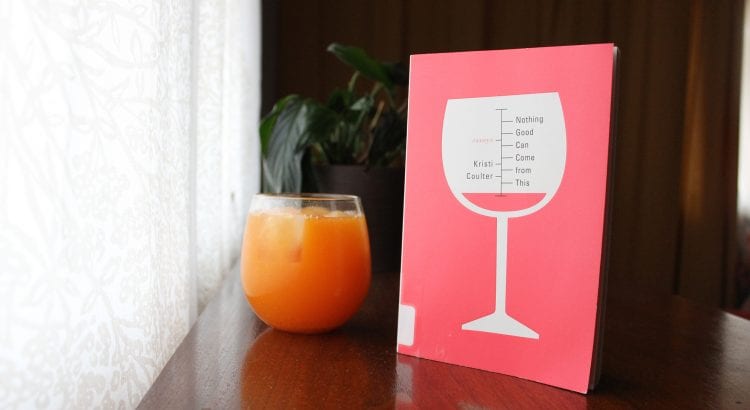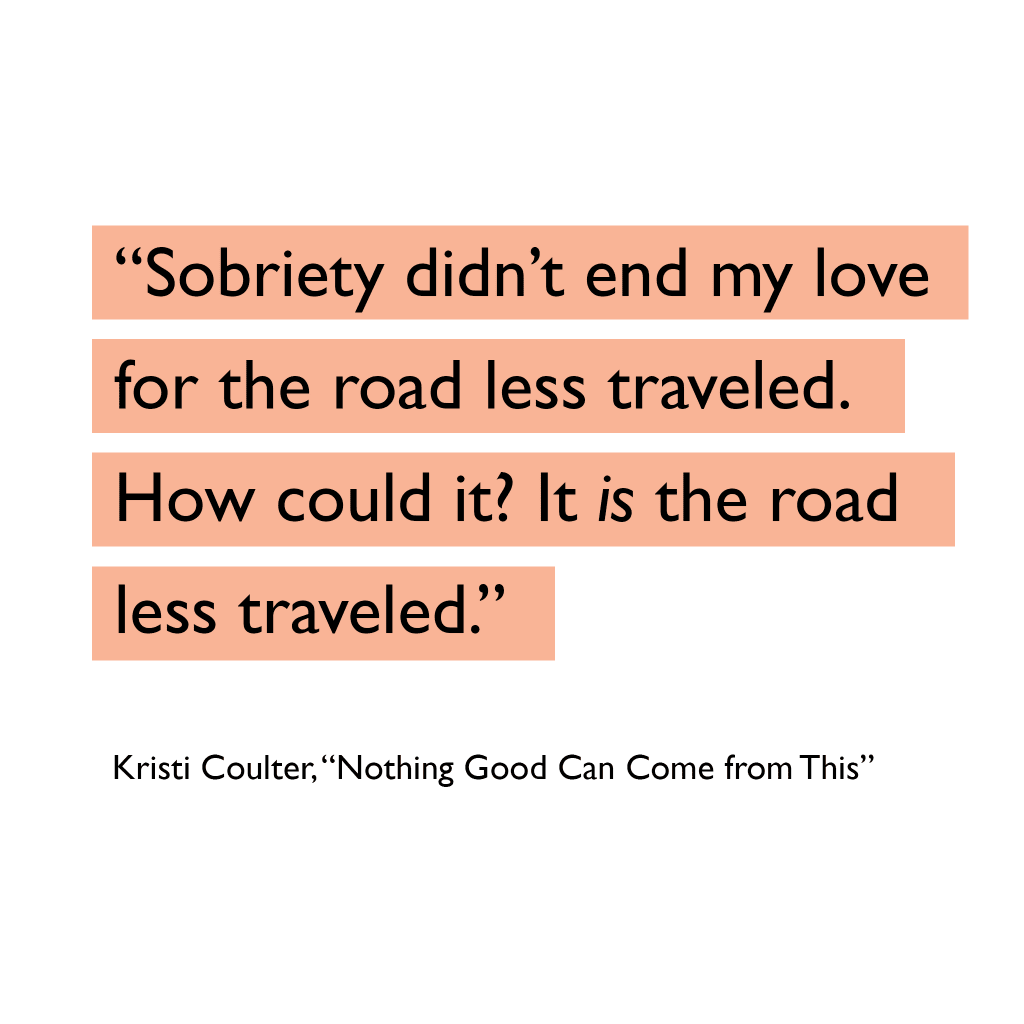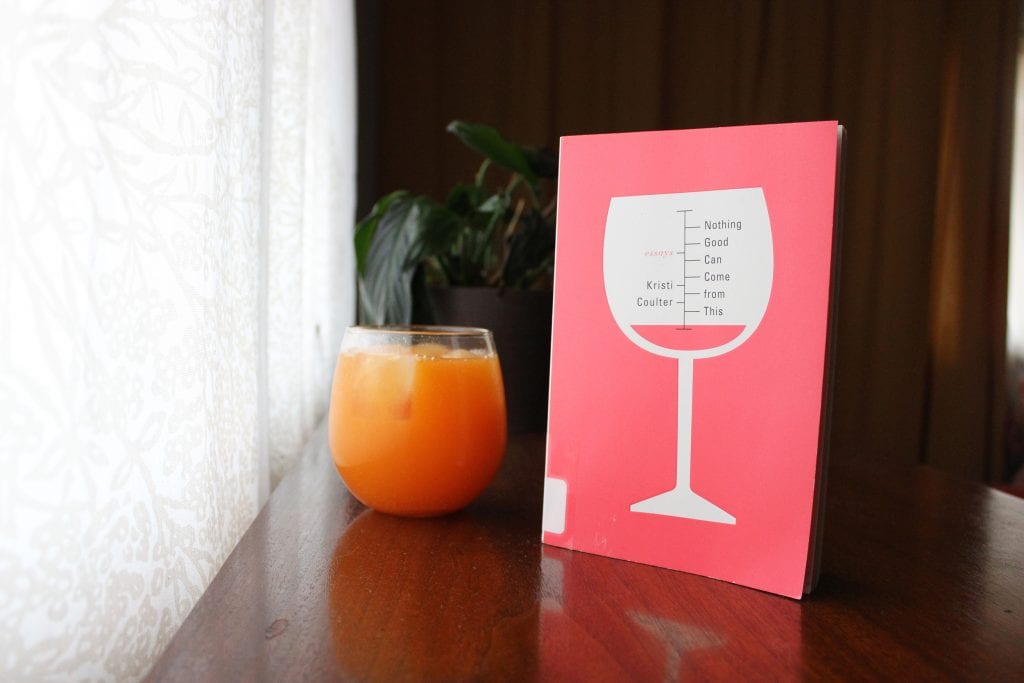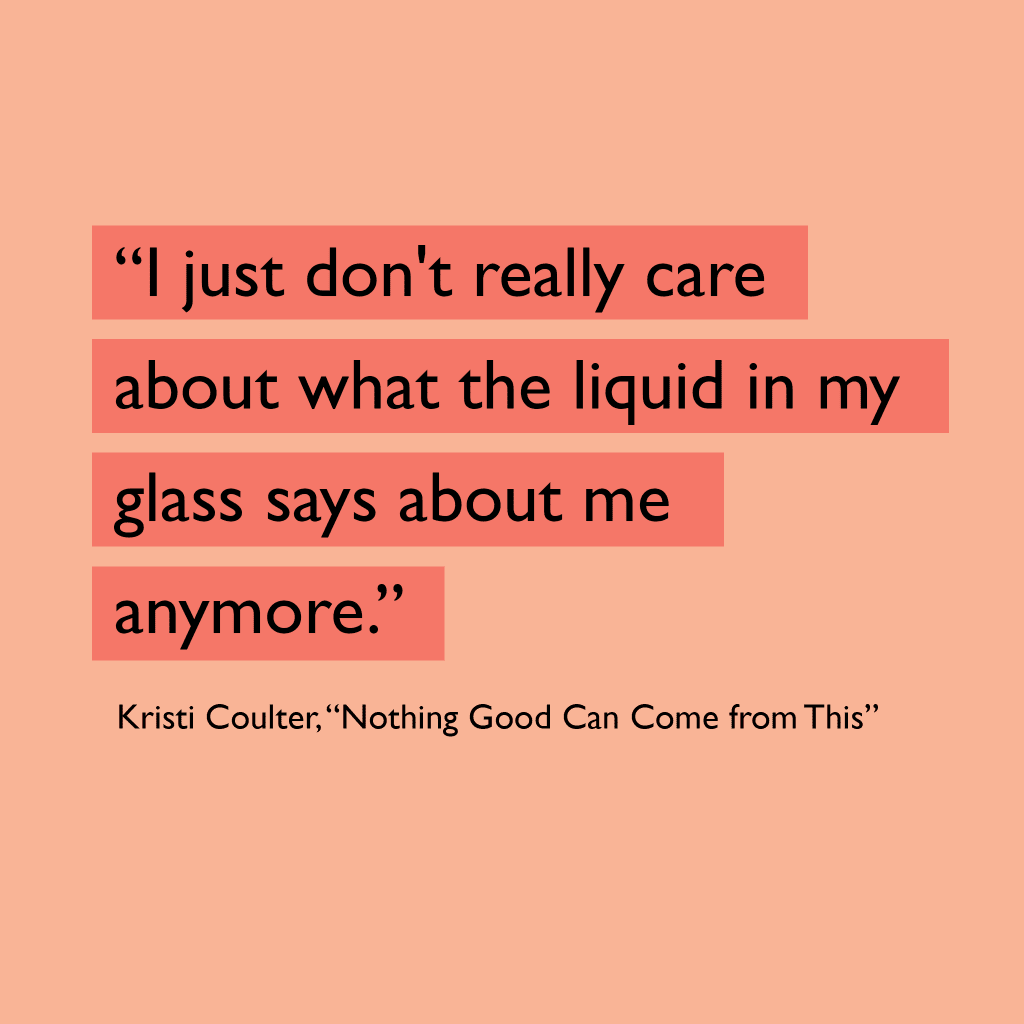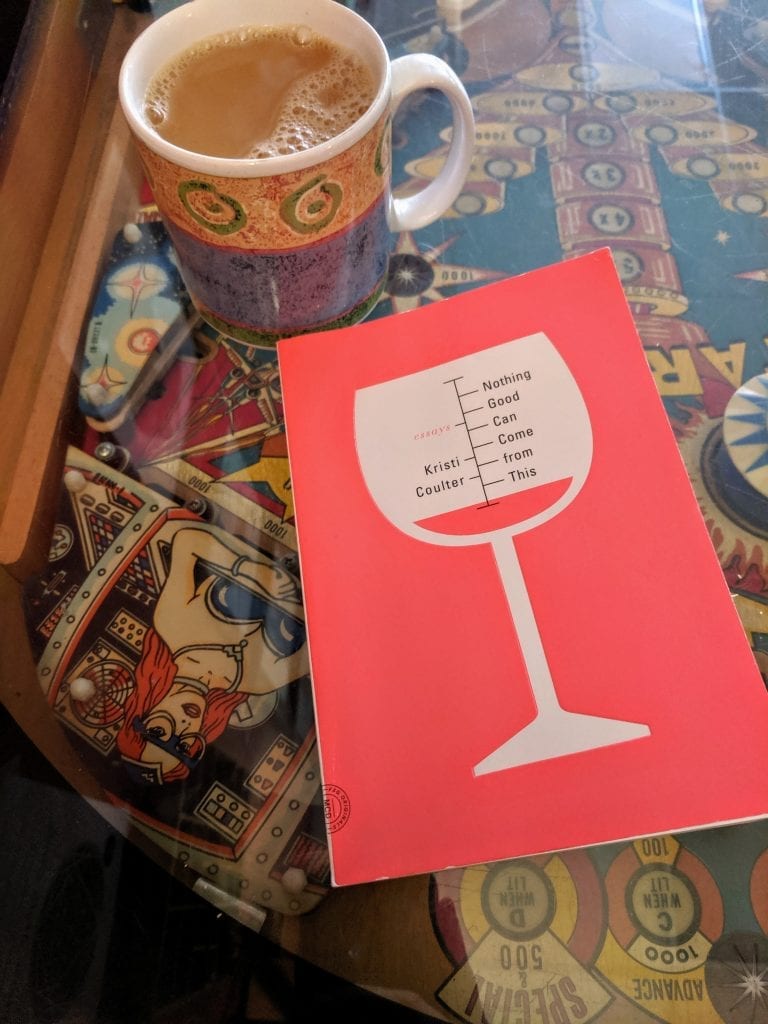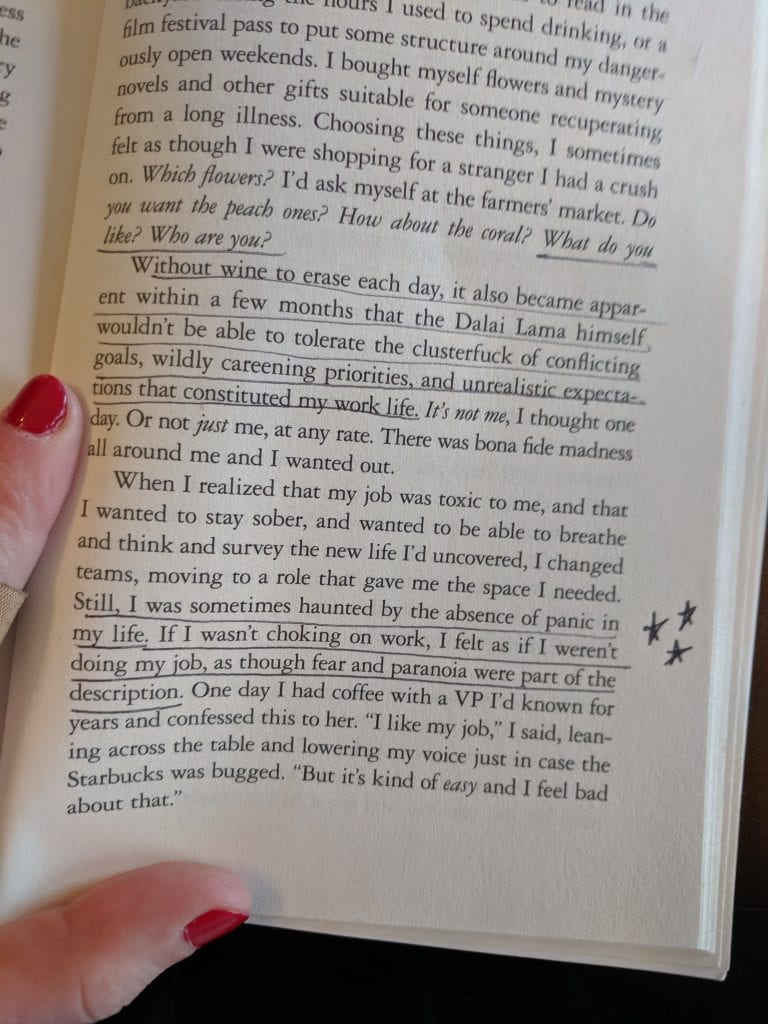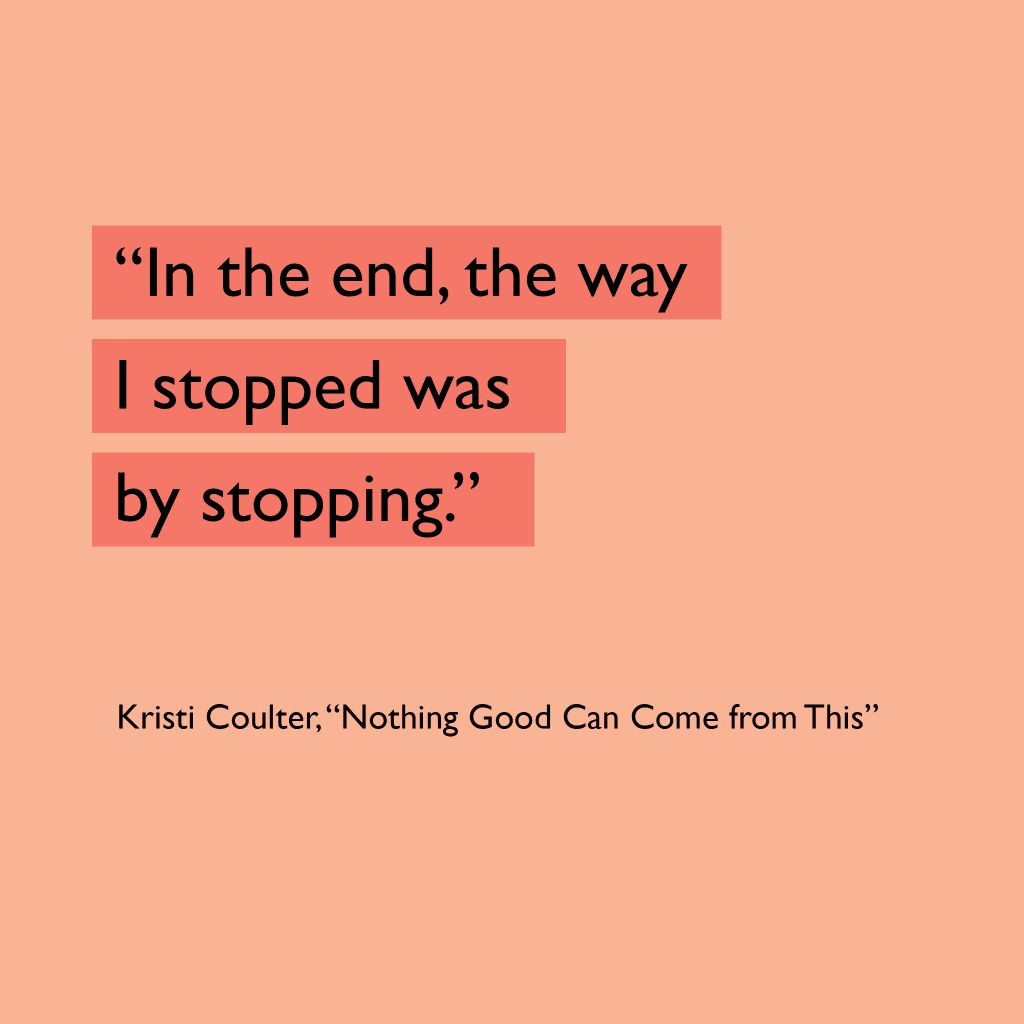I read something on Instagram recently that inspired me into a unique set of actions. (How often do you get to genuinely say that? Though, I guess Instagram is the platform on which you’re most likely to read something sincerely inspiring, but I digress.)
The sentence was a mere one of many in a long caption accompanying a photo posted by a friend of mine. It was essentially in defense of a series of selfies she had been sharing on her feed, and it said this: “You are the archivist of your own life.”
She didn’t come up with this phrasing herself, she admitted. She had heard it from someone else and had been inspired by it, who heard it from someone else who had been inspired by it, and now I—inspired by it—share it with you, like a high-tech, transcendent version of the kids’ telephone game.
You are the archivist of your own life.
Wow, truly…
Perhaps it’s the word archivist that this trail of friends and I found most endearing. That word brings a sense of gravitas, a sense of humanistic purpose, to the act of saving, storing, and recording who you have been throughout the years and who you are now. A hoarder? Nay. An archivist.
I’ve never been reliable at keeping things. I’ve thrown many keepsake-ish items out in fits of productivity (holiday cards, my baby teeth, Little Dude’s collar he refused to wear) only to be sad about it later and console myself with excuses along the lines of Who needs that stuff anyway? To dust we shall return, et al. (Though, tbh, sometimes these purges have been a long time coming, I just need to work on being more thoughtful/ less reactive in emotionally cued-up moments of #getshitdone. Per usual.)
I consider this further proof of why the term archivist must hold special power. If you told me to simply take and save pictures of myself, I’d scoff and keep scrolling. But after I read my friend’s Instagram caption, something surprising happened.
I made a to-do list of how to organize my writing, artwork, and notebooks. Emotional mementos and professional trophies may slip right through my roller coasting, mood swinging fingers, but I can maintain a steely disposition to the deed of saving my creative work.
I organized my Google docs. Backed up hundreds of documents of writing practice on a jump drive—yeah, I bought a jump drive! Two jump drives, in fact. The other I used to house highly detailed folders with all my embroidery works, broken up by series and further by date. Inventory tracked. Price lists updated. I downloaded my Facebook and Instagram photo albums (you can do that!) and backed them up on servers. I organized my printed mood boards, dated my writing and art journals, wrapped and stored books I’ve been published in. It came without ribbons, it came without tags! It came without packages, boxes, or bags!
These little digital and physical nests of me as an artist, maker, and person could be argued to symbolize something I subconsciously feel like I’m missing, like a more literal, all-encompassing nest (read: home). However, I’ve determined, more so, this act of wanting to archive and following through on it was a tangible display of my evolving idea of self-respect: Who else will save you, if not you?
Instead of archiving things to track my growth, the act of archiving did so itself.

